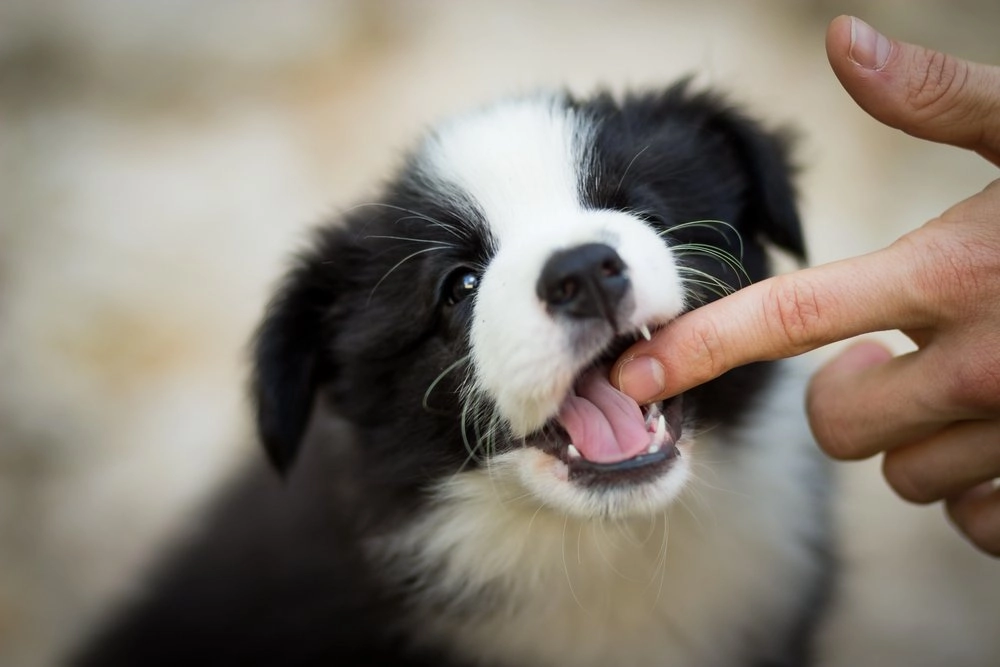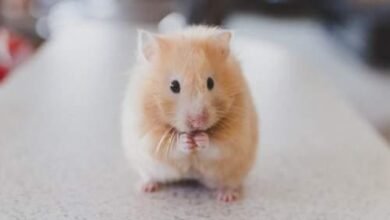
6 month old puppy biting and barking. Puppy biting and mouthiness is one of the most prevalent concerns that we see improper training advice offered for, and as a result, we are going to provide you with the most standardized and professional guidance possible for dealing with this issue.
It is strongly discouraged for individuals who are not trained in the relevant fields to provide strangers on the internet with legal or medical advice. There is a good reason for this.
Their guidance could be inaccurate at best, and potentially harmful at worst. Either way, you shouldn’t follow it.
We sincerely hope that the same guidelines apply to recommendations for training dogs.
There are at least two phases of terror that puppies go through in their first year of life; hence, when those delicate puppy brains are engaged, it is very necessary to follow the guidance of a trained professional.
6 month old puppy biting and barking
THE GOOD NEWS: IN THE VAST MAJORITY OF CASES, PUPPY BITING AND MOUTHING IS EXTREMELY NORMAL, FOR SEVERAL REASONS:
- Puppies use their lips to learn about their environment.
- They have to suffer through the agonizing process of teething, which can last anywhere from two to three months.
- They engage in rough play with their siblings, and they frequently use their teeth to (successfully) attempt to provoke play and attention from one another.
- Dogs that come from herding breeds have a genetic predisposition to pinch, herd, and chase after objects that are tiny and move quickly. The effects of this conduct are frequently felt most strongly by young children.
- Retrievers have a natural tendency to pick up and carry away everything and anything that is within their reach, even your hands and arms.
A WORD ON WHAT TO AVOID:
- When it comes to dealing with a biting puppy, you should avoid resorting to any kind of physical punishment.
- Over the years, we have heard individuals provide bad advice, however well-intentioned, such as forcing your puppy’s lips shut, putting them on their backs, or muzzling them to stop them from biting. These are all things that people have suggested.
- You do not need to physically discipline your puppy in order to stop him from being “dominant,” as he is not acting in this manner at all.
- These kinds of violent physical punishments range from being pointless and useless to being unpleasant and outright abusive. In point of fact, you may teach your dog to be fearful and aggressive by adopting techniques like these.
SO, WHAT SHOULD YOU DO ABOUT PUPPY BITING?
- In the event that your puppy bites you, you should disregard the behavior and remove yourself from the situation without making a big deal out of it.
Please be aware that you are not going to put your dog in a time out. This is not an effective kind of punishment since it requires an excessive amount of time, attention, and conversation. Either you are choosing to disregard the conduct altogether or you are distancing yourself from it.
- That indicates that the game, the enjoyment, and the focus are all finished now. Try to avoid coming out as overly theatrical.
- If you find it difficult to ignore the behavior, you might try closing the door or using a baby gate to block your puppy’s access to the area so that he cannot continue to nibble at you.
- If you come back to find that your dog is trying to bite you, you should leave the room once more.
Within a few days, you should observe a significant reduction not just in the severity of the biting but also in the number of times it tries to bite you.
AN IMPORTANT CAVEAT:
Some pups find it reassuring when the person they are with walks away from them. If your puppy seems to enjoy pulling away from you as a game of chase, you can use the side of your leg (not your knee, please!) as a “wall,” blocking your puppy’s advances and subtly removing them from biting you without involving your hands. If your puppy seems to enjoy pulling away from you as a game of chase, you can use the side of your leg as a “wall.”
It’s possible that you’ll have to prevent them from accessing the site more than once before they give up trying; don’t give up! Also, the most crucial thing you can do is to refrain from using your hands and shouting at the puppy. Biting pups find both of these things quite thrilling.
Keep in mind that it is very typical for newborn pups to investigate their environment using their lips.
THINGS THAT SHOULD BE REMEMBERED:
- Be careful to lavish attention and praise on your canine companion whenever they exhibit great behavior.
- In order for this to be successful, EVERY member of the family as well as EVERY guest is required to maintain consistency.
- Be warned that even if you do everything correctly, this habit could not completely disappear until the baby is between 5 and 6 months old. Keep in mind that this is a perfectly natural developing stage for pups.
- This blog will provide you with some additional advice and tips to assist you deal with extra-bitey pups as well as older dogs who are still biting after 5 or 6 months of age.



